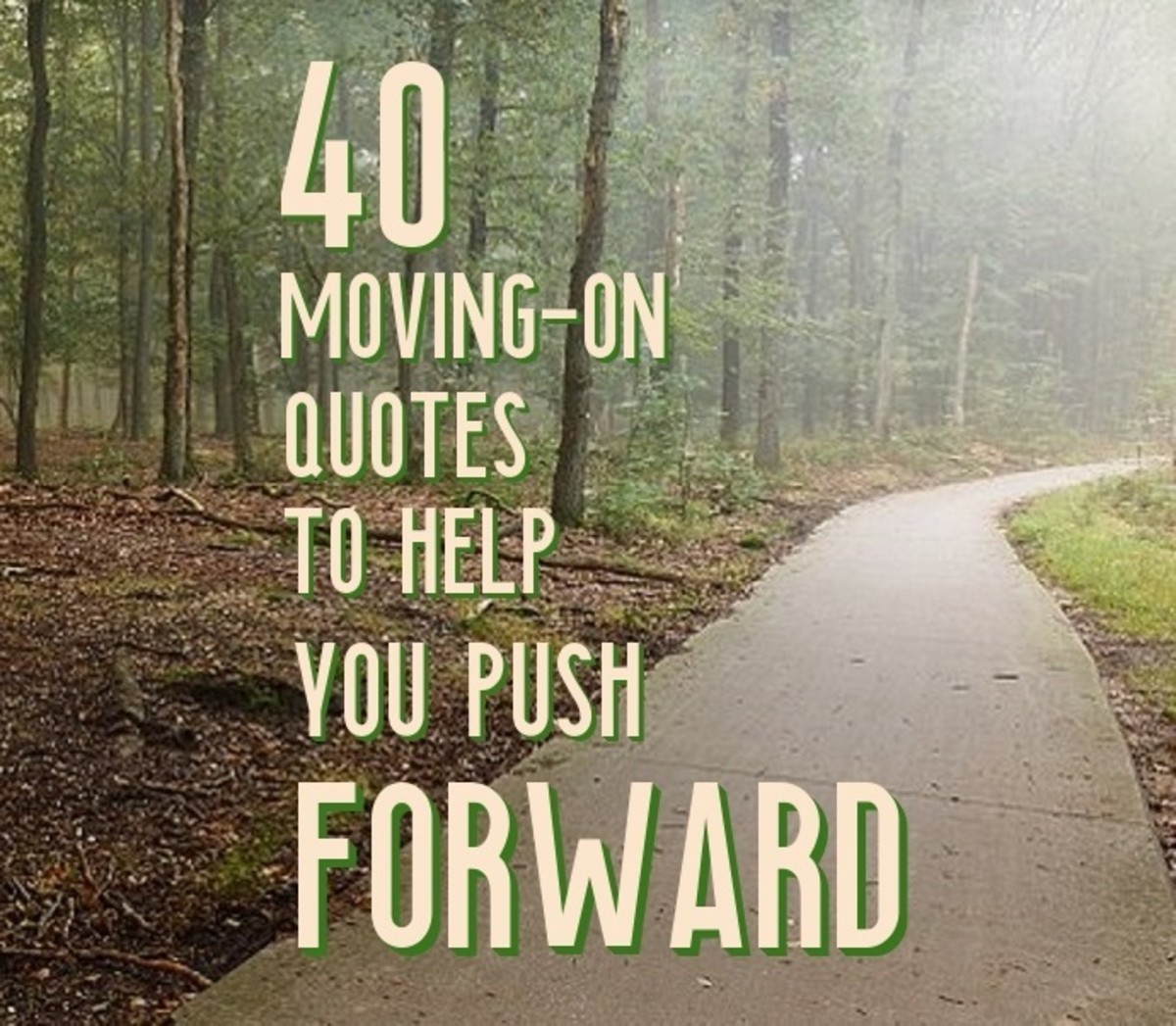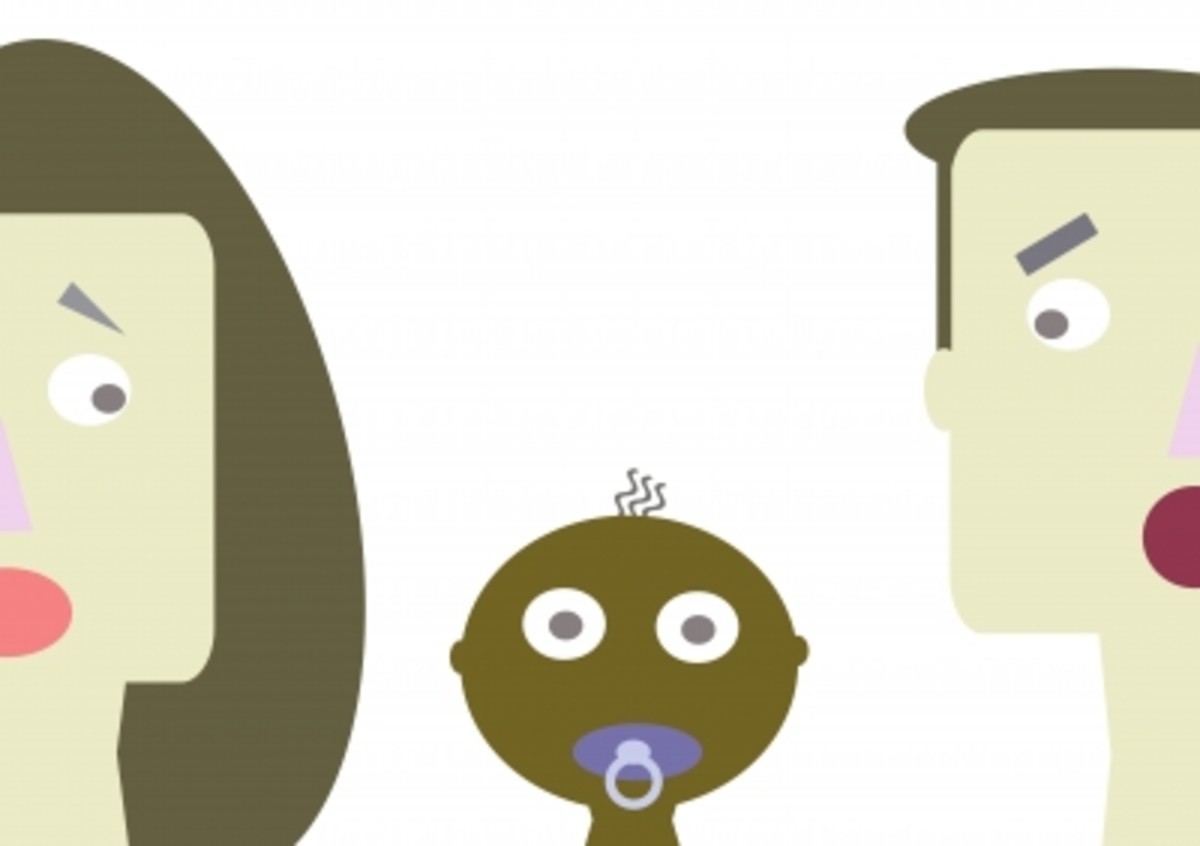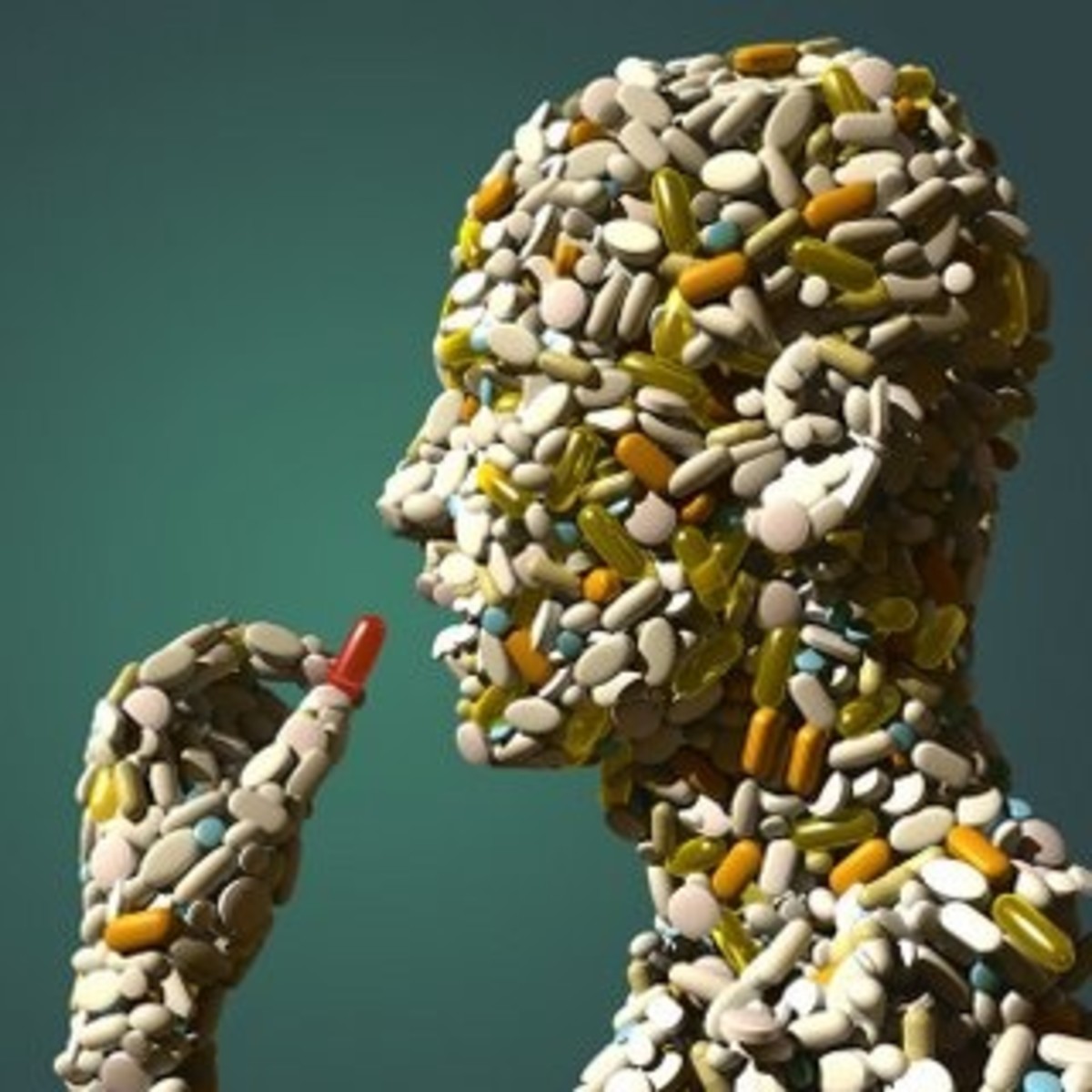Addiction, Family, and Moving Forward
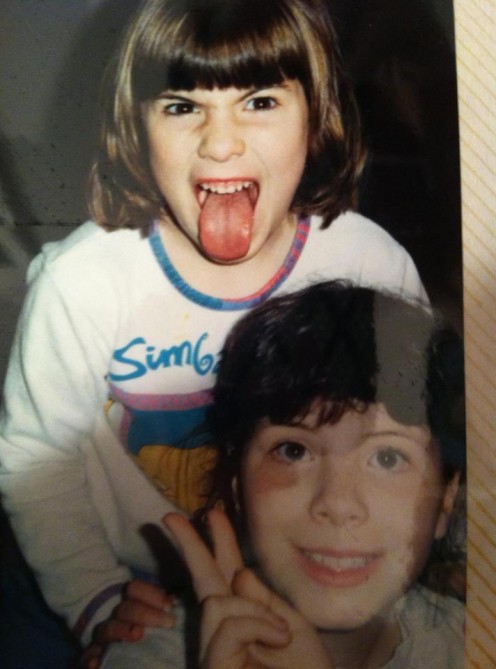
Not Blaming Yourself
Every family unit undergoes trials and tribulations at the hands of its own members. Whether it be an alcoholic uncle, drug-addicted cousin, or simply an annoying and meandering grandparent, each and every family experiences some means of disappointment or trouble during the course of its existence. This is an unfortunate reality, but whenever we're dealing with humans, the risk for harm and failure is high.
In my family, the "troubled" family member is my youngest sister, who has struggled with addiction for most of her young life.
My sister is three years younger than I am, and for the vast majority of her life she has committed crimes both against the other members of her family as well as the many friends whom surrounded her on a daily basis. She is a much-loved burden whom has exhausted every single individual that has tried to care for and change her for the better. Her life is defined by struggle, from struggling to maintain consistent employment to having enough money for groceries. It is difficult to watch her and I often find myself wanting to extend that helping hand yet again, but for those of us who love an addict we know that this enabling behavior often has the opposite effect.
Those who struggle with similar circumstances know how difficult it is to stop loving a family member simply because they struggle. But there is a fine line between love and enabling, and it is important to learn what makes the difference. I love my sister, but I have gradually come to the realization that my love has been enabling her behavior in the past.
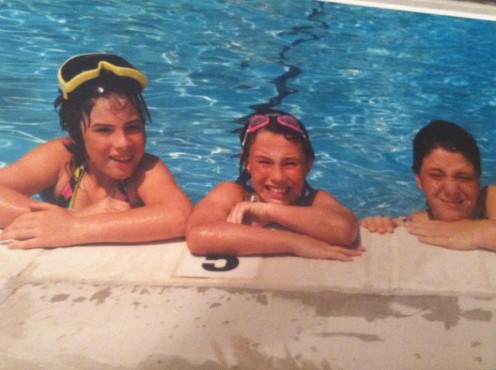
Living With An Addict
My youngest sister has led a troubled life. By its very definition and in modern terms, "troubled" in this sense insinuates a teenaged pregnancy, extensive drug and alcohol use, prison confinement, identity theft, petty and grand larceny, amongst others. In actuality, the list is too grand to fully recover here. But what is more important than the vast numbers of crimes that she has committed is what my family- including myself- has done to move on.
To be honest, my family has not progressed well. It is always a struggle for a group of people to recover from such a blow and move forward together and without complications. We forget to communicate and to take into account one another's feelings in the face of our own pain. There was even a period during which my mother and I did not speak, which in itself was a direct result of what my sister had done to her. We tend to allow someone to cause us so much grief and heartache before we finally try to stop it, and usually at this point the damage is already done. My sister's actions damaged our relationships with one another, and as a result we have all weathered this ongoing storm alone.
I personally have not coped well either. I now experience anger issues, problems that I have never had before in my life. Unfortunately, we are sometimes able to cope appropriately with our difficult emotions and react negatively. We redirect our anger and frustration at others who are undeserving when we are afraid of directly confronting the person responsible. This type of avoidance almost always has detrimental effects on personal relationships, and I struggled for many years to learn how to cope with my anger peacefully and in lieu of aggression. It is essential to remember that whereas you are hurting, there are others around you who are desperately trying to absorb some of that hurt for you.
To summarize: the most important lesson that I have learned from these collection of episodes is that we- the family members of the addicted- are not to blame. More often than not, the people closest to the addict must struggle to cope with feelings of guilt and betrayal. You simply must take care of yourself, first and foremost.
Addiction is a family disease. One person may use, but the whole family suffers.
— Shelly LewisThe Victims of Addiction
Do you personally know someone who has or is currently struggling with addiction?
Does Love Trump All?
It is easy to see the effects of a loved one's addictions and dangerous behaviors on one's conscience The very fibers of my being have been ripped apart and stitched back together so many times, my insides probably look like a patched-up ragdoll. But the most amazing thing in the reality of this situation is the love that I still have for this person whom I spent most of my life protecting, this woman who is quite obviously lost within the power of her own addictions.
I myself have flaws. We all do, even the most superior of us are imperfect in some way and many kinds of flaws are more obvious than others. But the addict is the most flawed person of all; unable to cope with the harsh realities of life and the world around them, they turn to more synthetic means of understanding.
Do these people deserve our forgiveness. Not always; but it would be arguable to say that they don't deserve our love, either. In fact, it is often the greatest act of sacrifice to love someone who struggles constantly to remain sober and contributing. But we often forget in the face of such challenges that we cannot pour from empty cups; if we are to love and support someone who insists on not loving and supporting themselves, we have to ensure that we can take on this burden, both emotionally and psychologically.
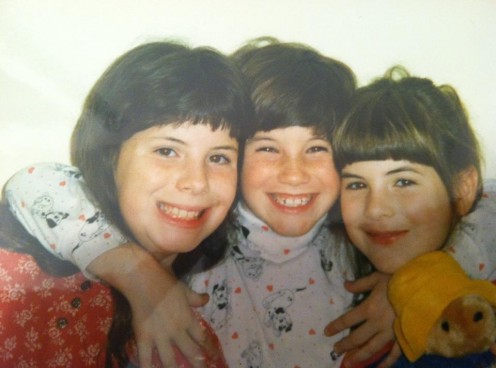
Finding Support
Some of the strongest people in my life are those who have actively sought out support from others, especially in the ways of community. Many organizations exist to help family members of addicts recover from their own destructive behaviors so that they too can live happy, healthy lives. But it is the stigma of addiction- and the desire to keep one's family business private- that often causes us to lock away our struggles, simply because we are embarrassed of being judged by others.
Because addiction is an ever-growing problem, recovery communities have become a therapeutic way for those affected by substance abuse to discuss their struggles in an open and confidential forum. In-office therapy is also another option for those who wish to work through these issues in an even more intimate setting. Rehabilitation centers also offer some type of family counseling, but entrance in to this type of setting typically requires the addict's consent.
Regardless of what helps, it is important to know that recovery is simply the light at the end of the tunnel. With work and support, you can learn new strategies and techniques for coping with your addicted love one. In order to best support them, you sometimes have to let go and live your own life as happily as possible. And once your arrive at this conclusion, there will be many resources awaiting you.
- NA
Find a meeting, or educate yourself on the effects of substance abuse.

